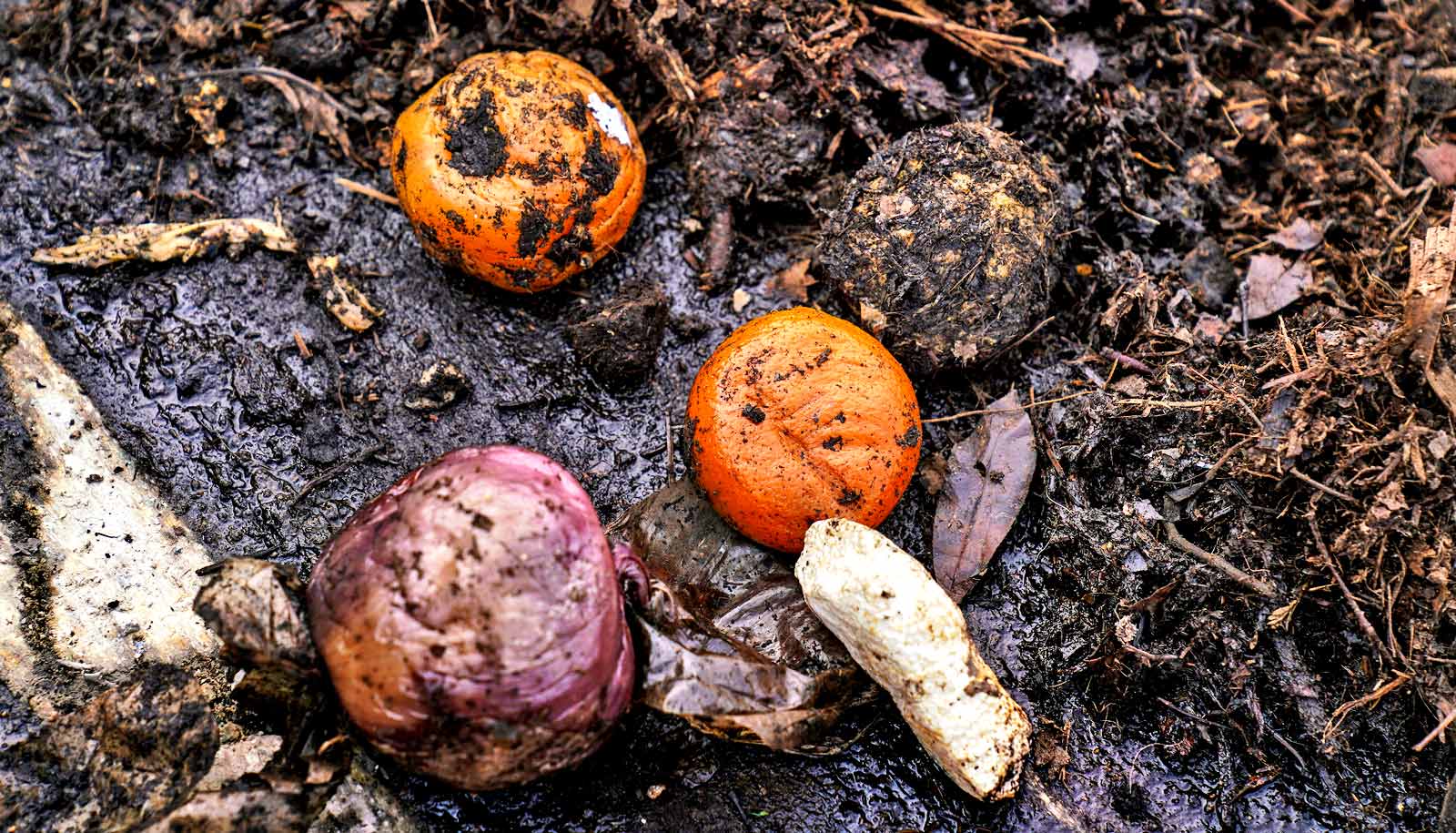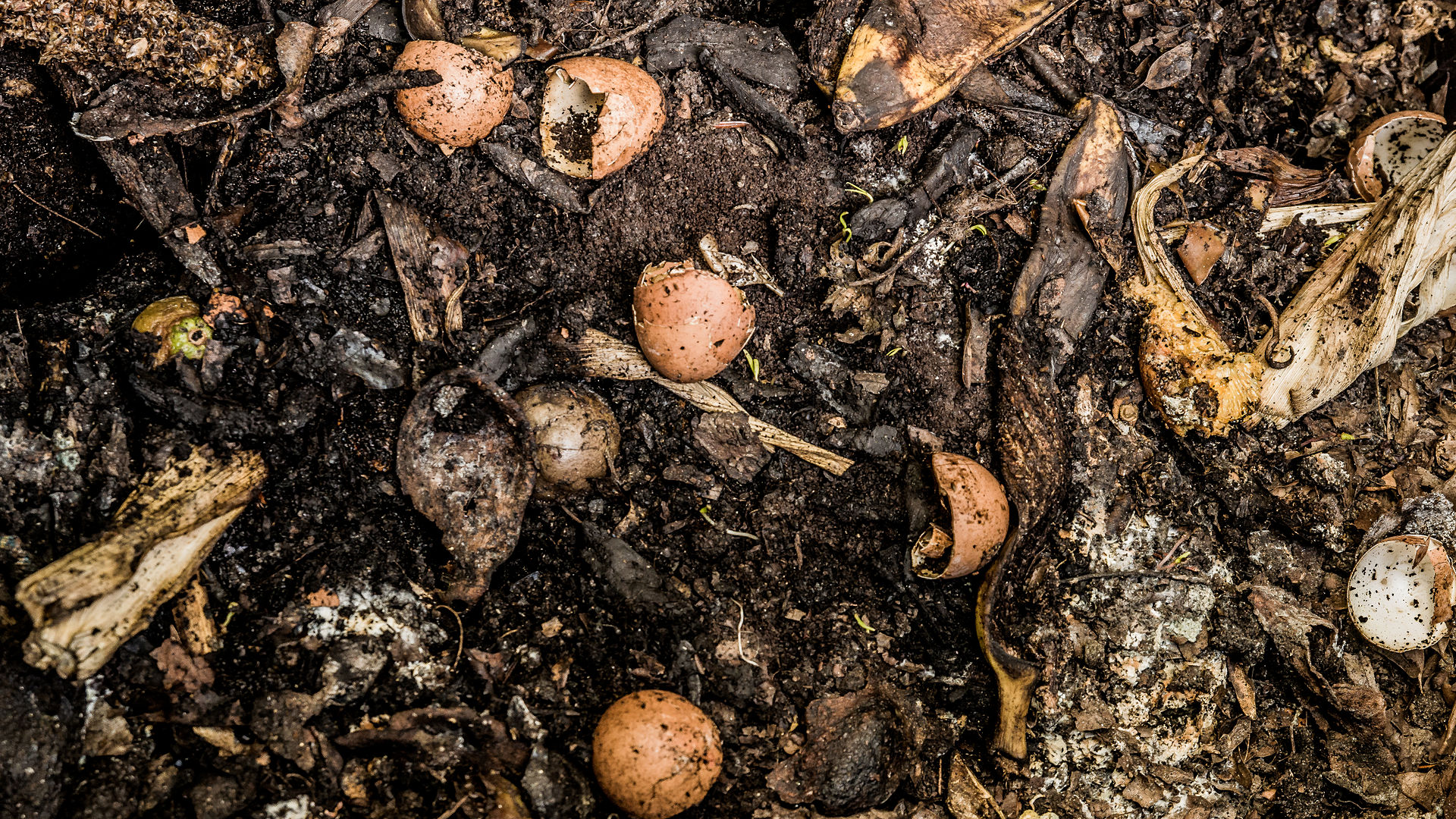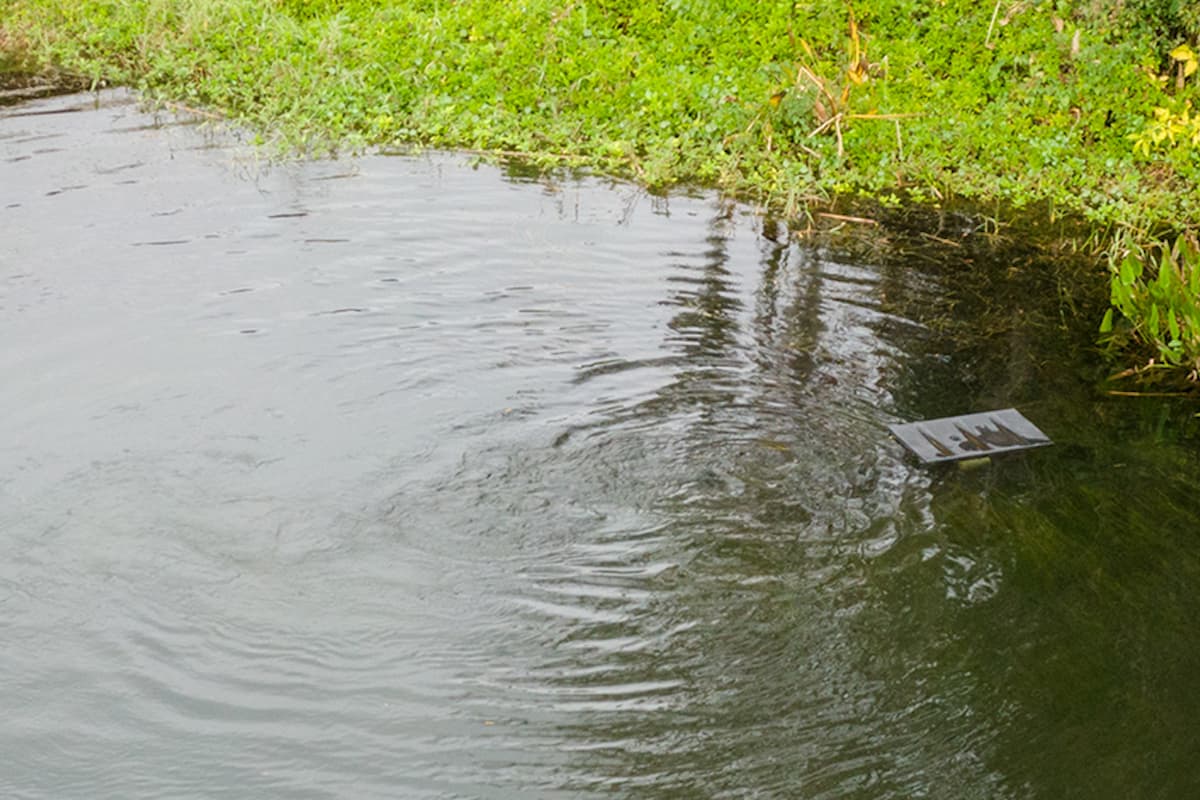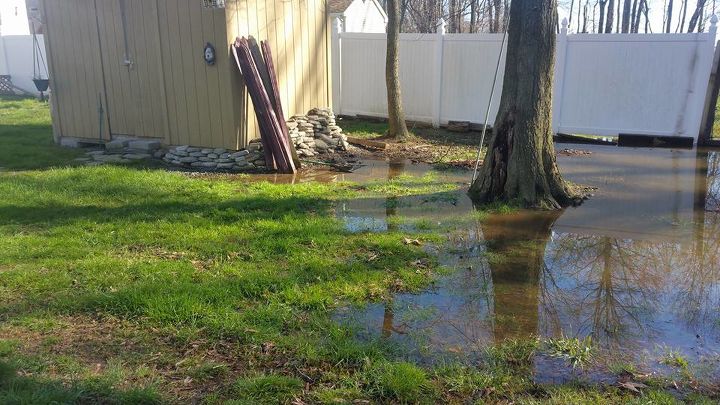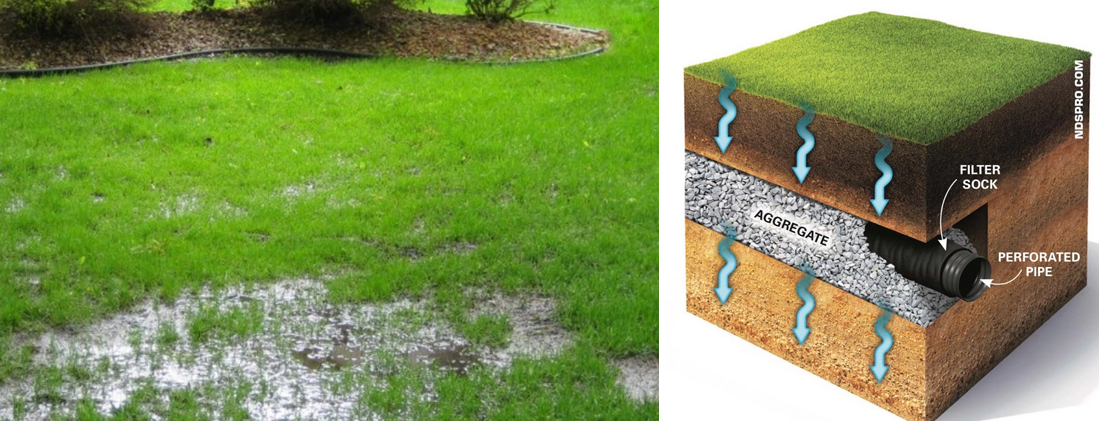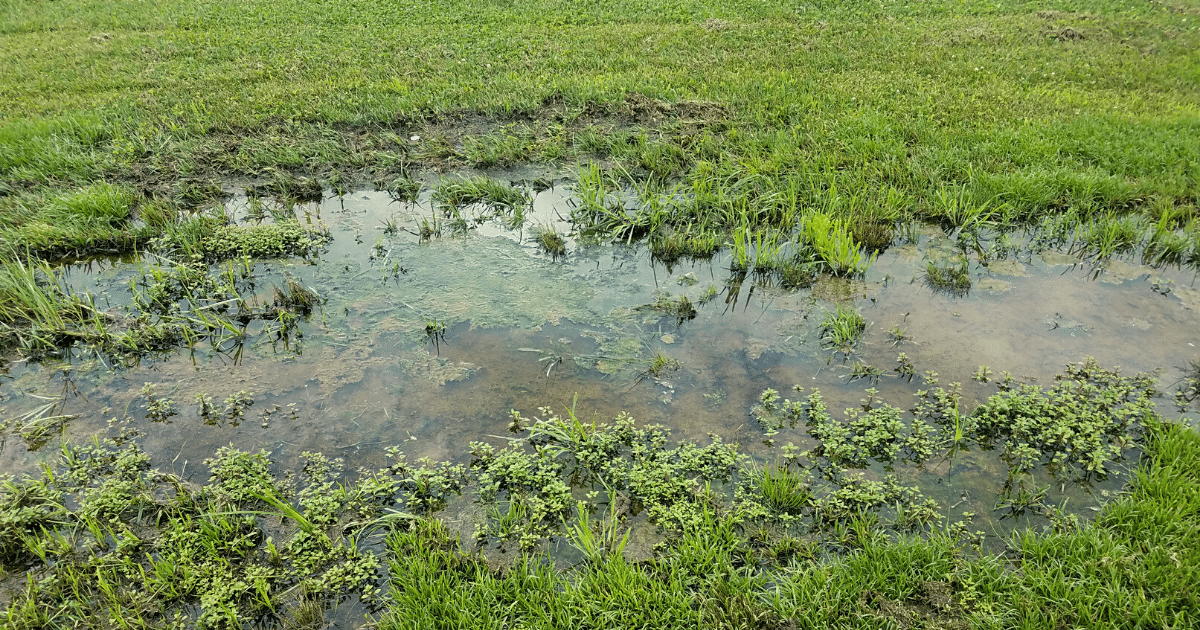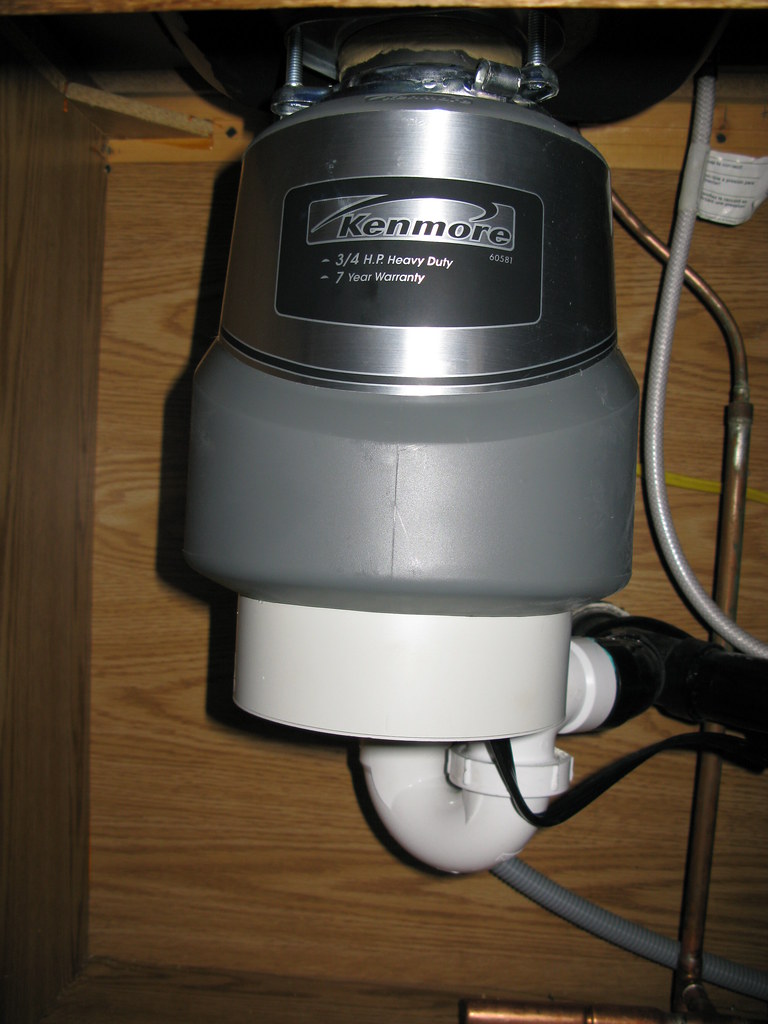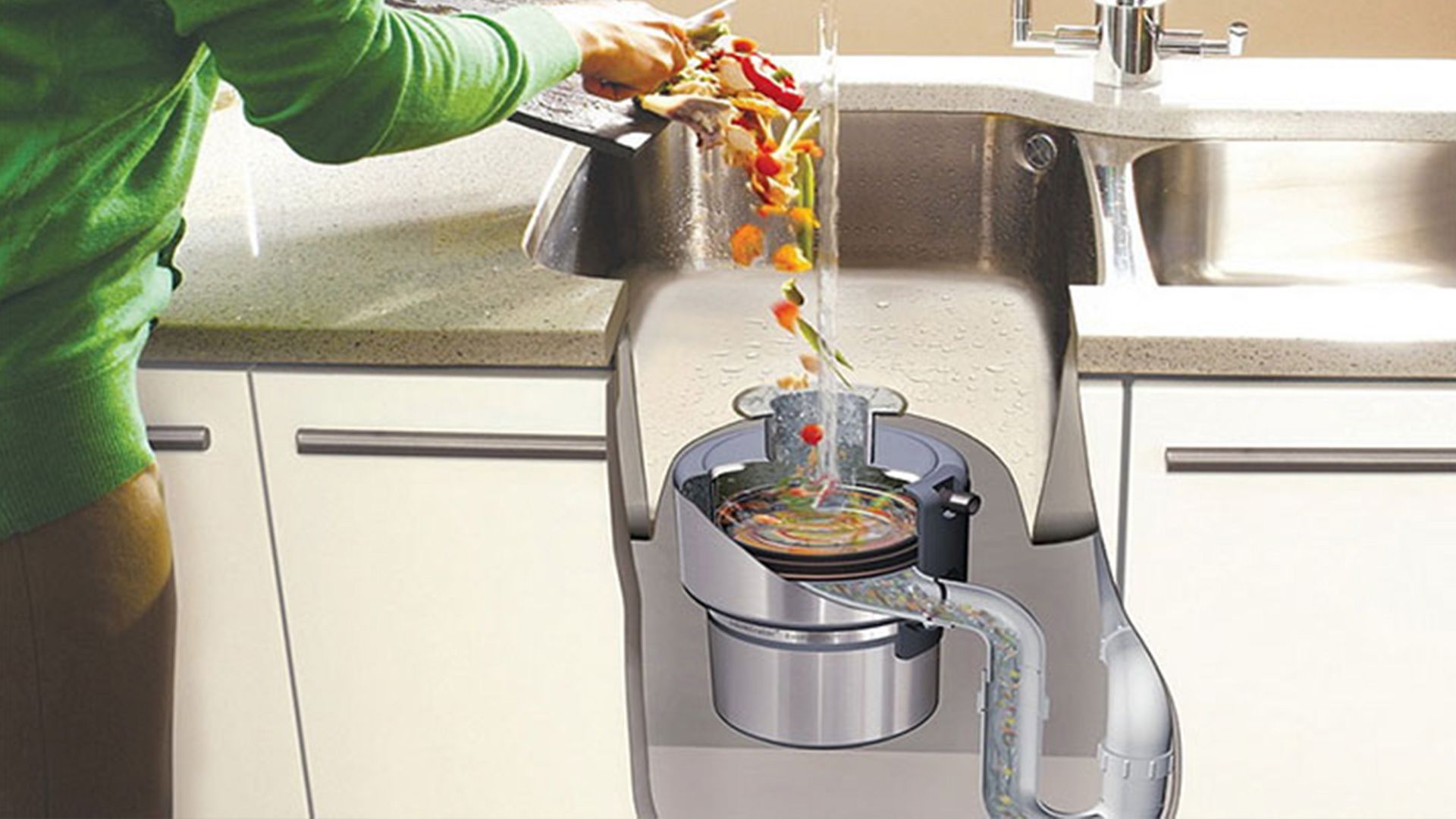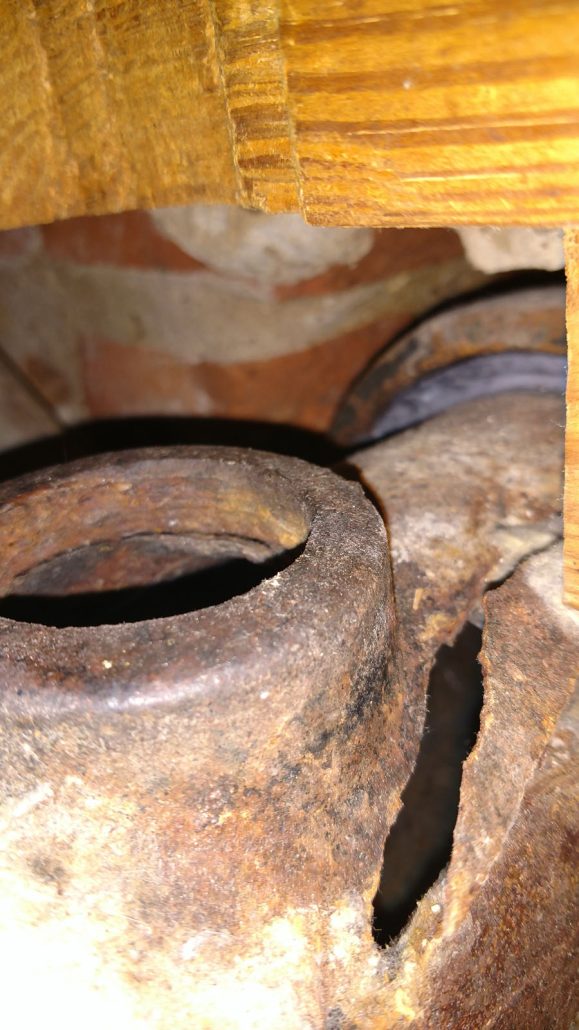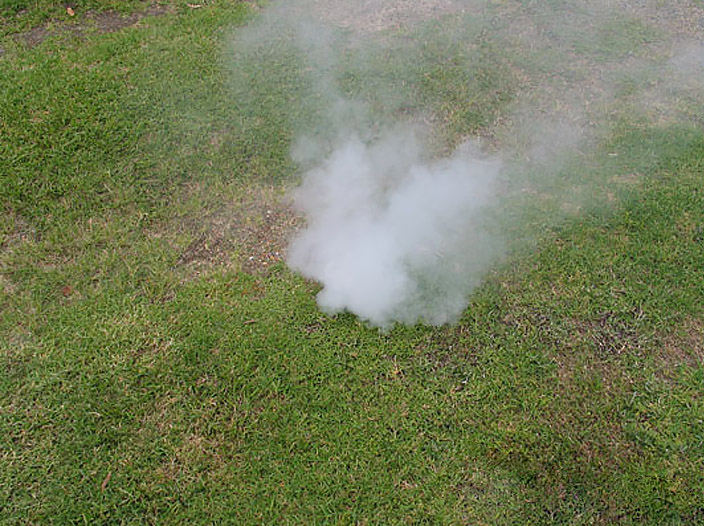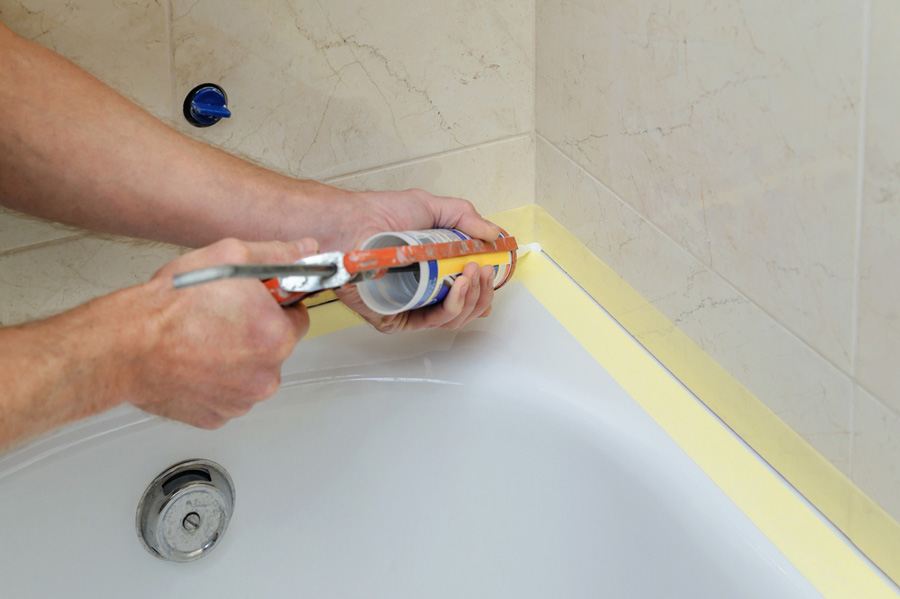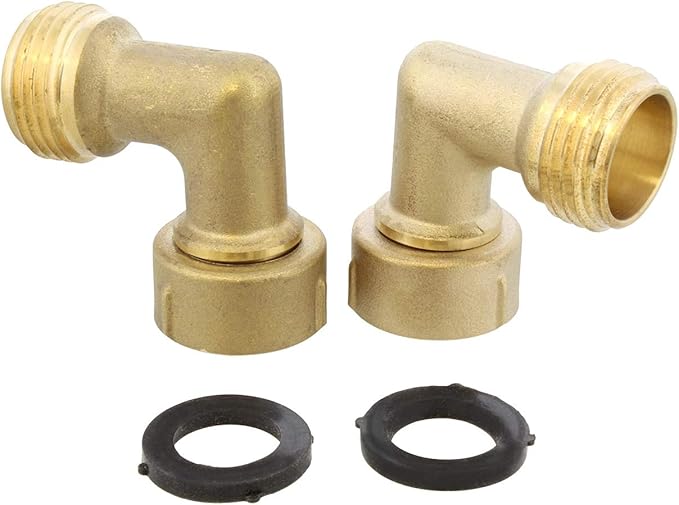If you notice a pungent, rotten smell coming from under your kitchen sink, the first thing you should check for is mold and mildew growth. These fungi thrive in damp and dark environments, making the space under your sink the perfect breeding ground. Not only does mold and mildew create a foul odor, but it can also pose a health hazard to you and your family. Exposure to mold can cause respiratory issues, allergies, and even chronic illness. It's essential to address this issue as soon as possible to prevent any further damage.1. Mold and Mildew Growth
Another common culprit for a rotten smell under the kitchen sink is a clogged drain. When food particles, grease, and other debris get trapped in your pipes, they can decompose and create a foul odor. If you've been noticing slow drainage or gurgling sounds coming from your sink, it's a sign that your drain may be clogged. Using a plunger or a drain snake can help to clear the blockage and get rid of the unpleasant smell.2. Clogged Drain
Leaking pipes are not only a nuisance but can also be a significant cause of a rotten smell under your kitchen sink. Over time, pipes can develop cracks or loose connections, leading to water leaks. When the water leaks onto the surrounding materials, such as wood or drywall, it can cause them to rot and produce a musty odor. If you suspect that you have a leaky pipe, it's crucial to address it immediately to prevent further damage to your kitchen.3. Leaking Pipes
It's easy for food to get trapped and forgotten about under the kitchen sink, especially if you use the space for food storage. Over time, this food can decompose and create a nasty smell. You may also find that pests, such as ants and cockroaches, are attracted to the decomposing food, making the situation even worse. To avoid this issue, make sure to regularly clean out the space under your sink and properly dispose of any food waste.4. Decomposing Food
If you have a leaky pipe or a clogged drain, there may be standing water under your kitchen sink. This stagnant water can quickly develop a foul odor as it becomes a breeding ground for bacteria and other microorganisms. It's essential to address the source of the standing water and clean up the area thoroughly. You may also need to use a disinfectant to get rid of any lingering bacteria and eliminate the smell.5. Standing Water
Your garbage disposal may be the cause of the rotten smell under your kitchen sink. When not used correctly, food waste can get stuck in the disposal and begin to rot, producing a foul odor. It's essential to run your garbage disposal regularly and avoid putting any large or hard-to-grind items down it. You can also use a mixture of ice and vinegar to clean and deodorize your disposal.6. Garbage Disposal Issues
If you smell a rotten egg or sulfur-like odor under your kitchen sink, it could be a sign of a sewer gas leak. The plumbing system in your home is designed to prevent these gases from entering your living space, but if there is a leak, you may notice the smell in your kitchen. A professional plumber should address this issue immediately to ensure the safety of your household.7. Sewer Gas Leak
Proper ventilation is crucial in preventing a rotten smell under your kitchen sink. Without proper airflow, moisture can get trapped and lead to mold and mildew growth. Installing a vent or keeping the cabinet doors open can help to improve ventilation and prevent any unpleasant odors from developing.8. Inadequate Ventilation
If you've ruled out all other potential causes, a rotten smell under your kitchen sink may be due to an animal infestation. Small rodents and insects can easily make their way into your home and create a nest or leave behind droppings, which can produce a foul odor. If you suspect that you have an infestation, it's best to contact a pest control professional to address the issue.9. Animal Infestation
Lastly, the caulking around your sink and pipes may be the source of the rotten smell. Over time, caulk can become cracked or damaged, allowing water and moisture to seep through. This can lead to mold and mildew growth, as well as a musty odor. Replacing old caulk with a new, waterproof seal can help to eliminate the smell and prevent any further issues. In conclusion, a rotten smell under your kitchen sink can have various causes, from minor issues like mold and mildew to more severe problems like leaking pipes. It's essential to address the source of the smell as soon as possible to prevent any further damage and ensure the health and safety of your household. Regular cleaning and maintenance of your kitchen sink can also help to prevent any unpleasant odors from developing in the future.10. Old or Damaged Caulking
How to Get Rid of the Rotten Smell Under Your Kitchen Sink
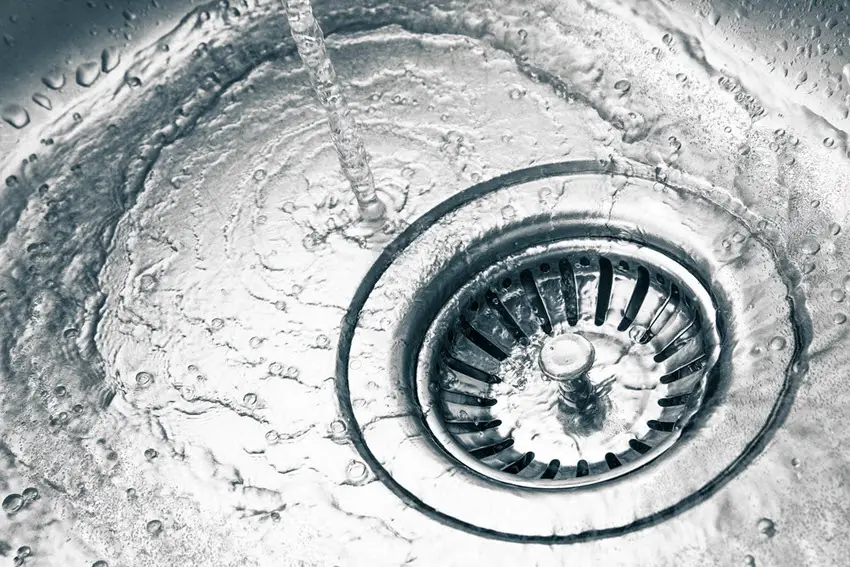
The Importance of a Clean Kitchen
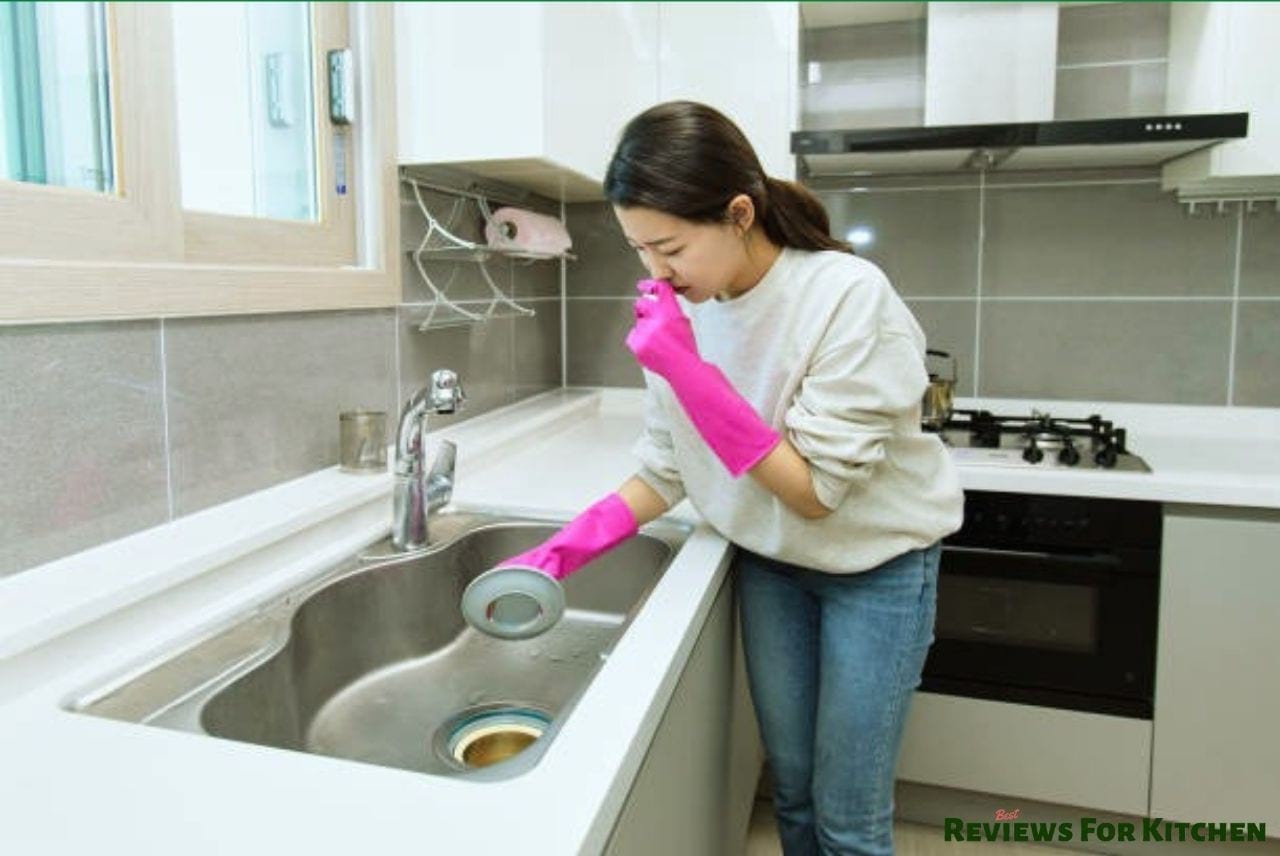 Having a clean and organized kitchen is essential for maintaining a healthy and happy household. However, even with regular cleaning, there may be some areas that are easily overlooked, such as the space under your kitchen sink. This dark and damp area can often become a breeding ground for bacteria and mold, leading to a rotten smell that can be quite unpleasant. If you've noticed a lingering odor coming from under your kitchen sink, it's important to address it immediately to ensure the overall cleanliness and hygiene of your home.
Having a clean and organized kitchen is essential for maintaining a healthy and happy household. However, even with regular cleaning, there may be some areas that are easily overlooked, such as the space under your kitchen sink. This dark and damp area can often become a breeding ground for bacteria and mold, leading to a rotten smell that can be quite unpleasant. If you've noticed a lingering odor coming from under your kitchen sink, it's important to address it immediately to ensure the overall cleanliness and hygiene of your home.
Identifying the Source of the Rotten Smell
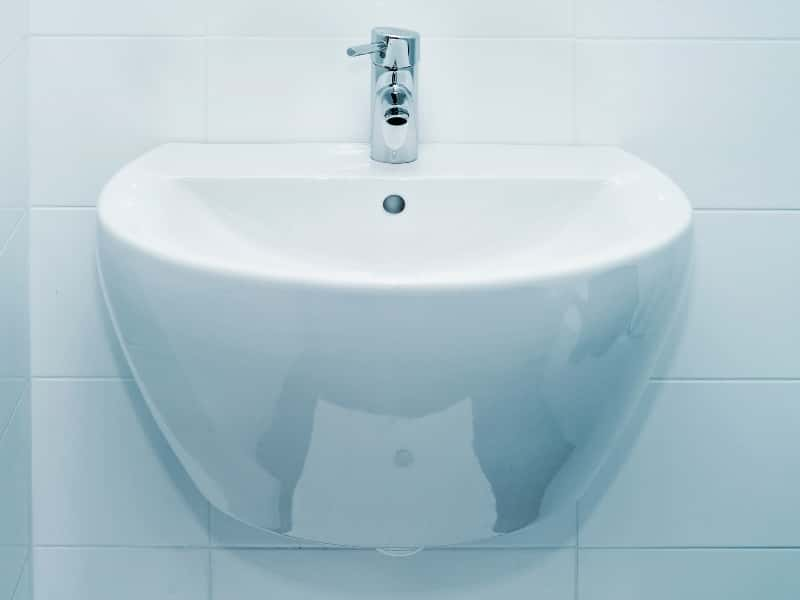 Before you can get rid of the rotten smell, it's important to determine the source. In most cases, the smell is caused by food particles, grease, or other debris that has accumulated in the pipes or garbage disposal. This can happen if you regularly use your kitchen sink to dispose of food waste without properly cleaning it out afterwards. It can also occur if there is a leak in your pipes, which can lead to stagnant water and mold growth.
Before you can get rid of the rotten smell, it's important to determine the source. In most cases, the smell is caused by food particles, grease, or other debris that has accumulated in the pipes or garbage disposal. This can happen if you regularly use your kitchen sink to dispose of food waste without properly cleaning it out afterwards. It can also occur if there is a leak in your pipes, which can lead to stagnant water and mold growth.
Cleaning and Deodorizing the Kitchen Sink
 The first step to getting rid of the rotten smell is to thoroughly clean your kitchen sink. Start by removing any debris or food particles that may be stuck in the drain or garbage disposal. You can use a mixture of hot water and dish soap to clean the area. For tougher stains or grime, you can use a mixture of baking soda and vinegar to create a natural cleaning solution. Let it sit for a few minutes before rinsing it out with hot water.
Pro tip:
Placing a few lemon or lime wedges in the garbage disposal and running it for a few seconds can also help to deodorize and freshen up the area.
The first step to getting rid of the rotten smell is to thoroughly clean your kitchen sink. Start by removing any debris or food particles that may be stuck in the drain or garbage disposal. You can use a mixture of hot water and dish soap to clean the area. For tougher stains or grime, you can use a mixture of baking soda and vinegar to create a natural cleaning solution. Let it sit for a few minutes before rinsing it out with hot water.
Pro tip:
Placing a few lemon or lime wedges in the garbage disposal and running it for a few seconds can also help to deodorize and freshen up the area.
Addressing Plumbing Issues
 If the smell persists even after cleaning your kitchen sink, it may be a sign of a more serious plumbing issue. In this case, it's important to call a professional plumber to inspect your pipes and fix any leaks or clogs. This will not only eliminate the rotten smell, but it will also prevent any potential damage to your plumbing system.
If the smell persists even after cleaning your kitchen sink, it may be a sign of a more serious plumbing issue. In this case, it's important to call a professional plumber to inspect your pipes and fix any leaks or clogs. This will not only eliminate the rotten smell, but it will also prevent any potential damage to your plumbing system.
Preventing Future Smells
 To avoid dealing with a rotten smell under your kitchen sink in the future, it's important to practice good habits when using your sink. Avoid pouring grease or oil down the drain, and make sure to run hot water and dish soap through the garbage disposal after each use. Additionally, regularly cleaning and disinfecting the area can help to prevent any buildup of bacteria and mold.
Conclusion:
A rotten smell under your kitchen sink can be a nuisance, but with the right cleaning and maintenance, it can easily be eliminated. By regularly cleaning and disinfecting the area, addressing any plumbing issues, and practicing good habits, you can ensure that your kitchen remains a clean and pleasant space for you and your family.
To avoid dealing with a rotten smell under your kitchen sink in the future, it's important to practice good habits when using your sink. Avoid pouring grease or oil down the drain, and make sure to run hot water and dish soap through the garbage disposal after each use. Additionally, regularly cleaning and disinfecting the area can help to prevent any buildup of bacteria and mold.
Conclusion:
A rotten smell under your kitchen sink can be a nuisance, but with the right cleaning and maintenance, it can easily be eliminated. By regularly cleaning and disinfecting the area, addressing any plumbing issues, and practicing good habits, you can ensure that your kitchen remains a clean and pleasant space for you and your family.



:max_bytes(150000):strip_icc()/identifying-mold-vs-mildew-4799138-final-4266e4b3d84c4401a7c1d8b6835dcc97.png)


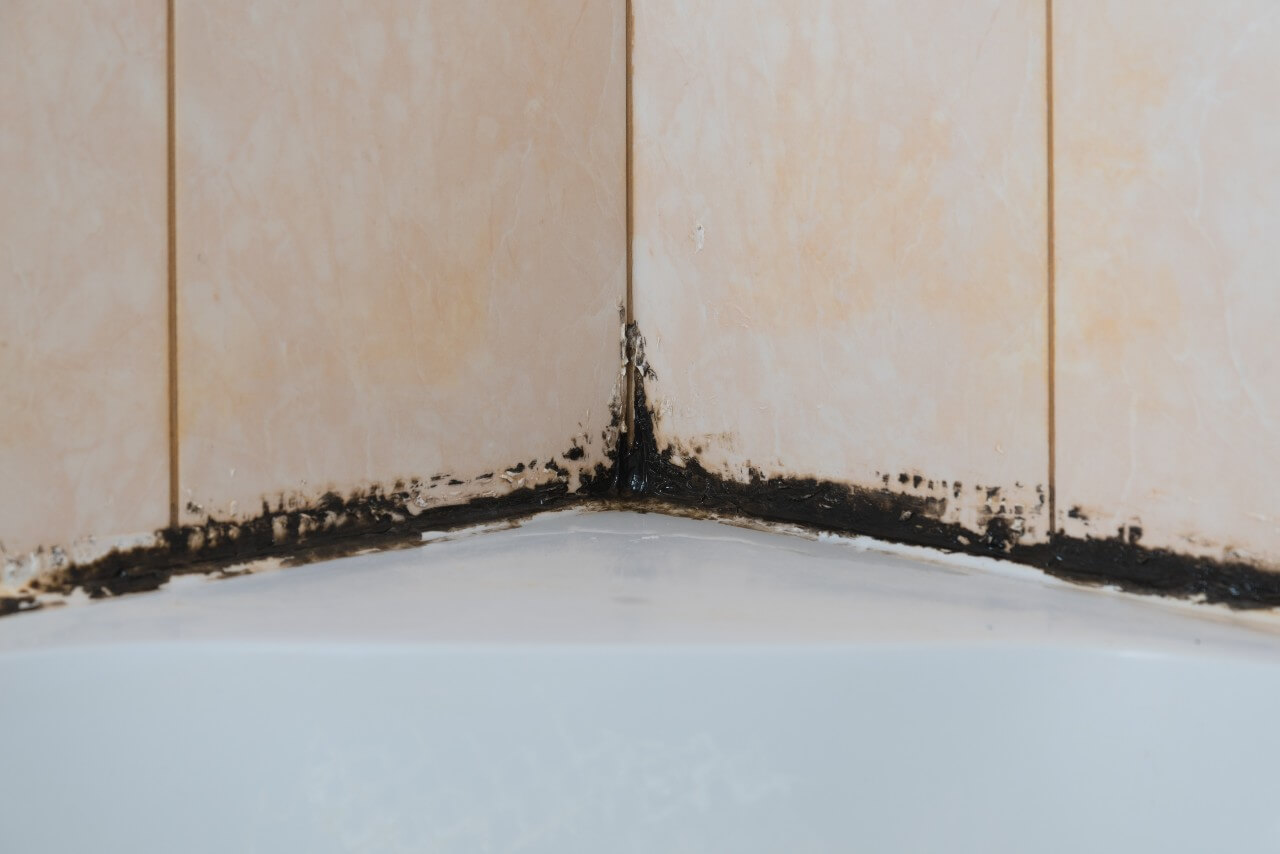
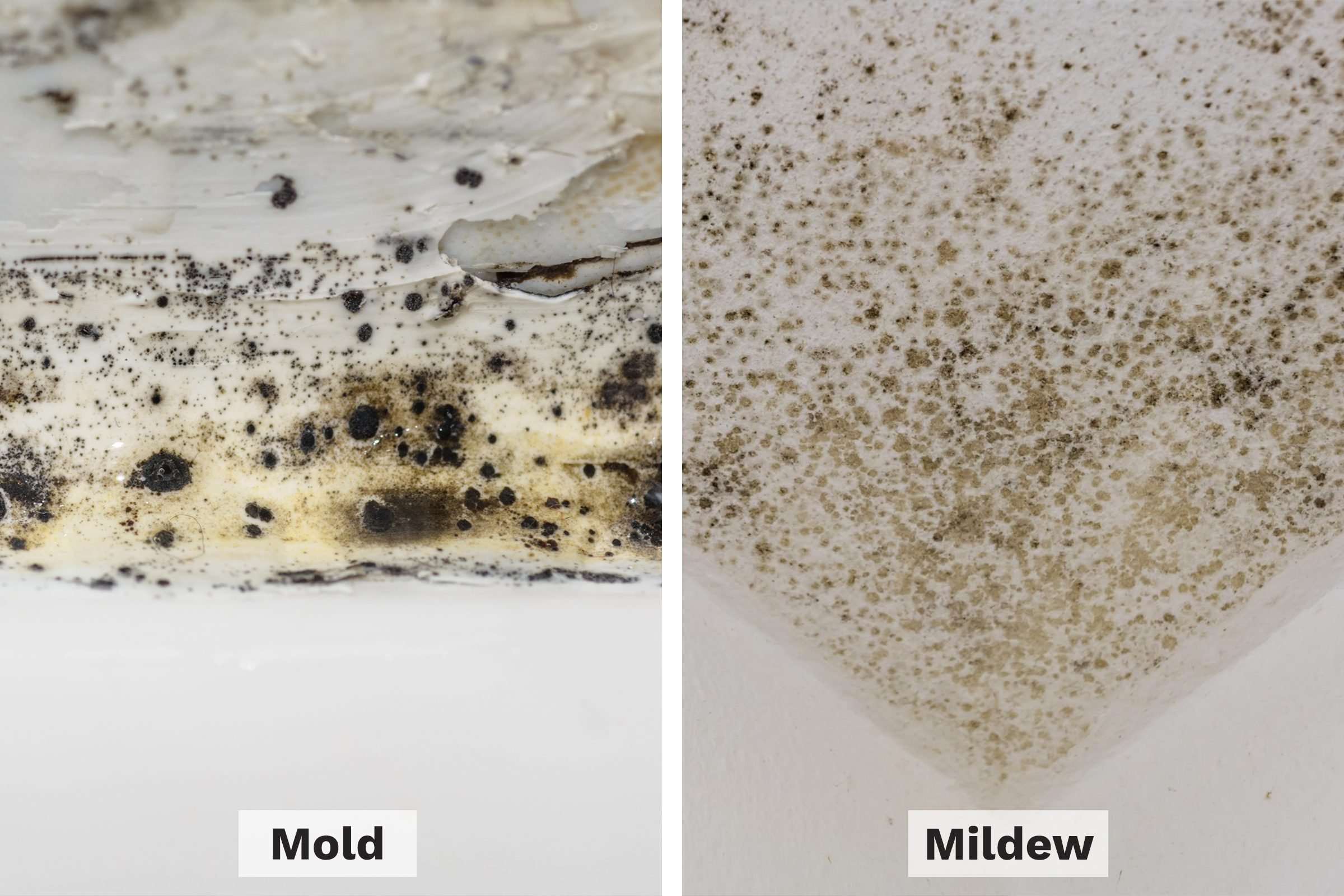
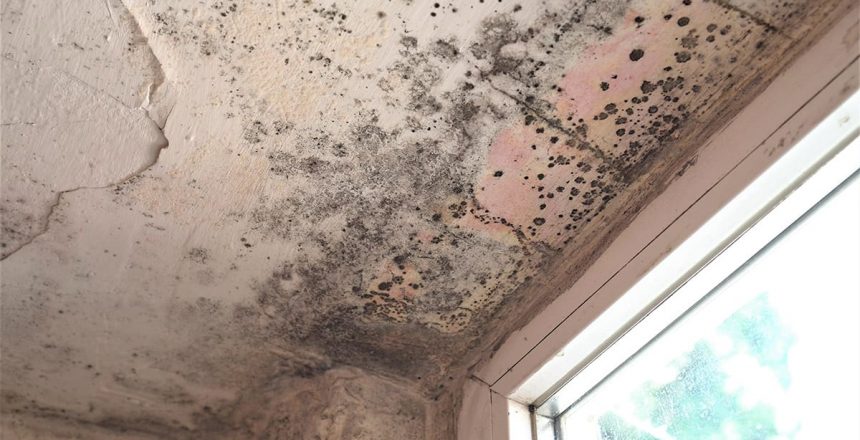

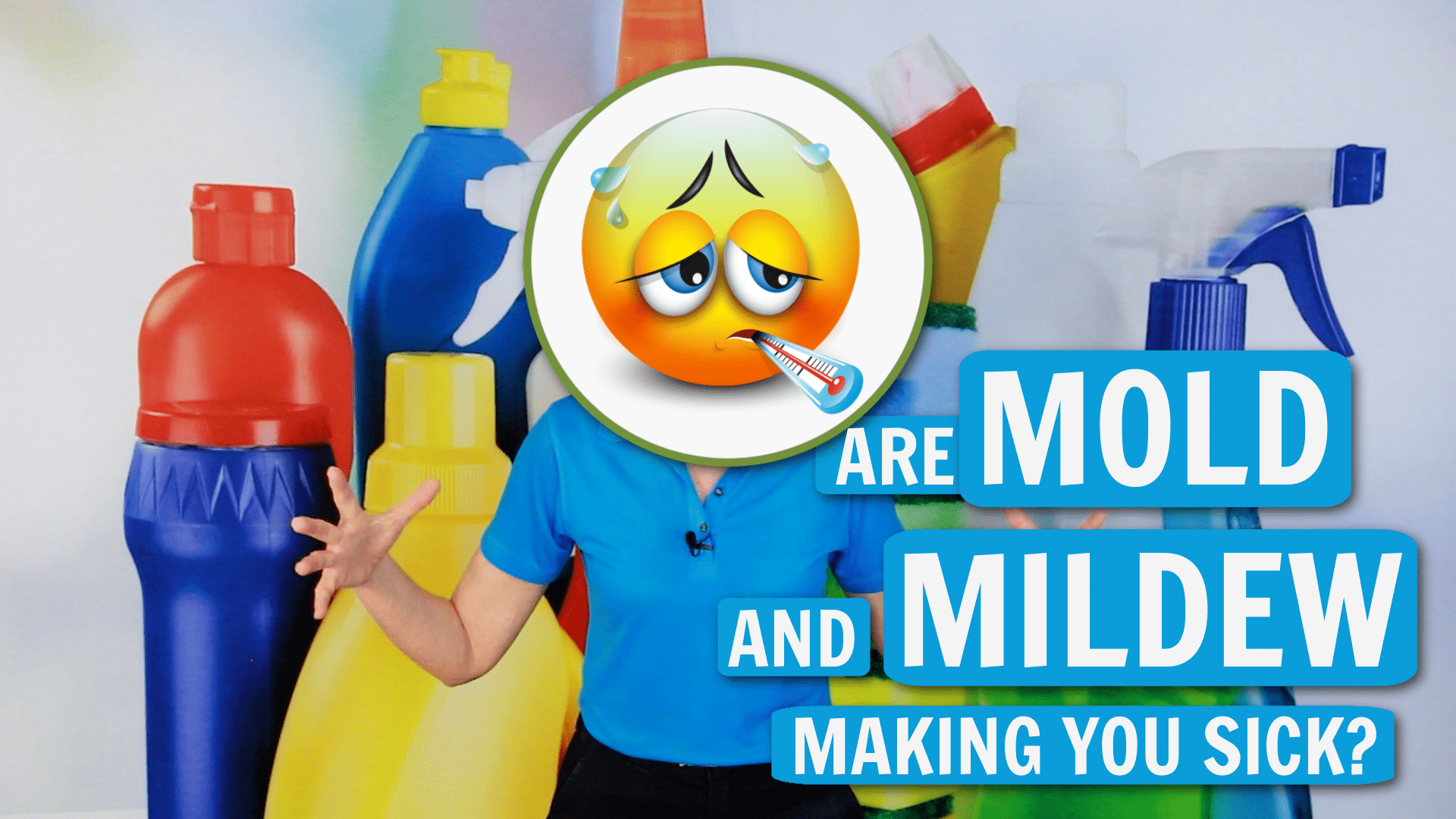



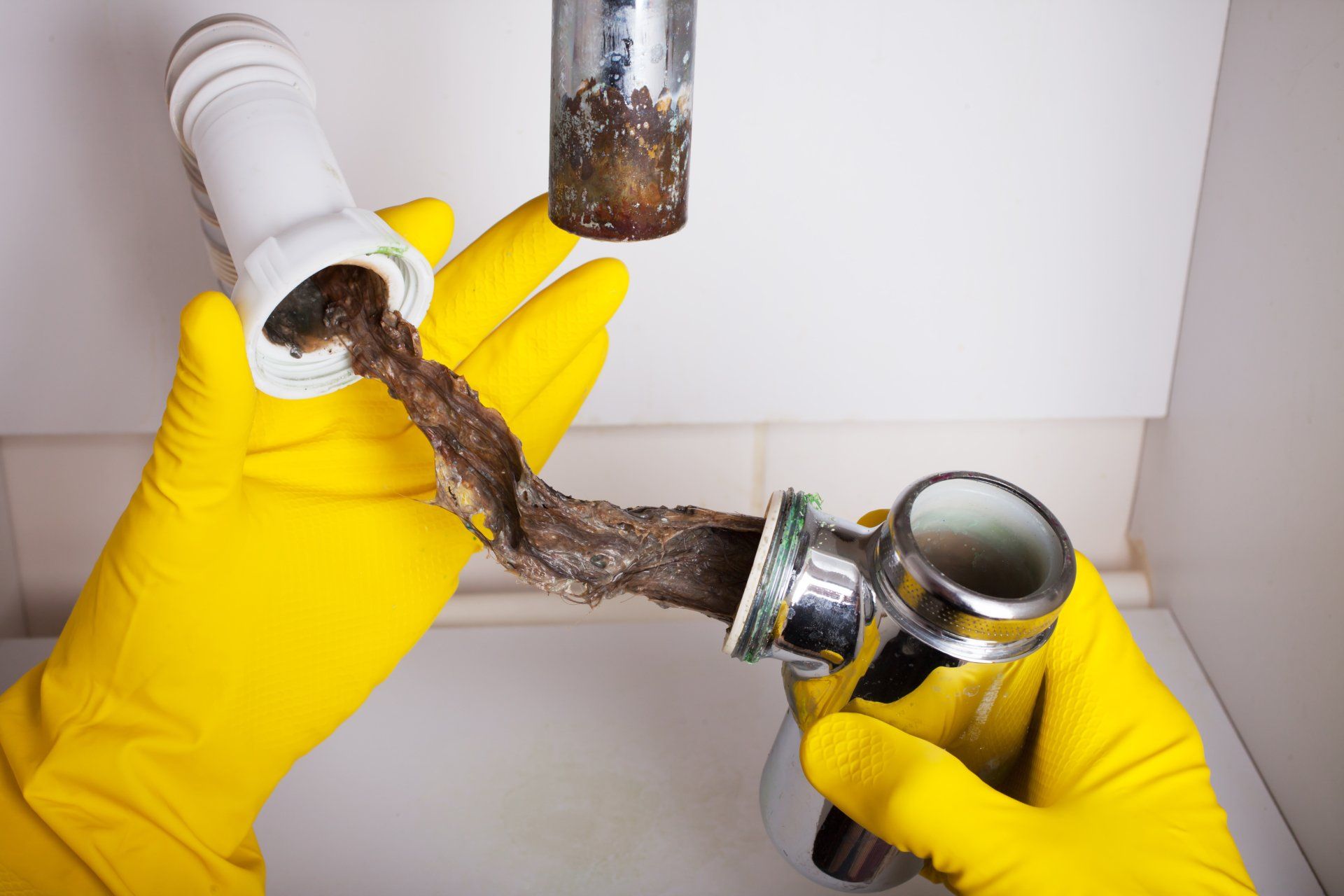
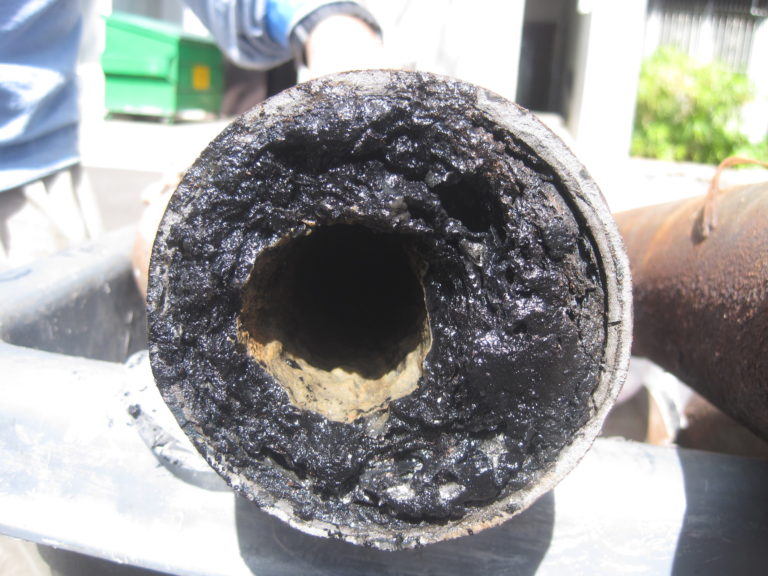


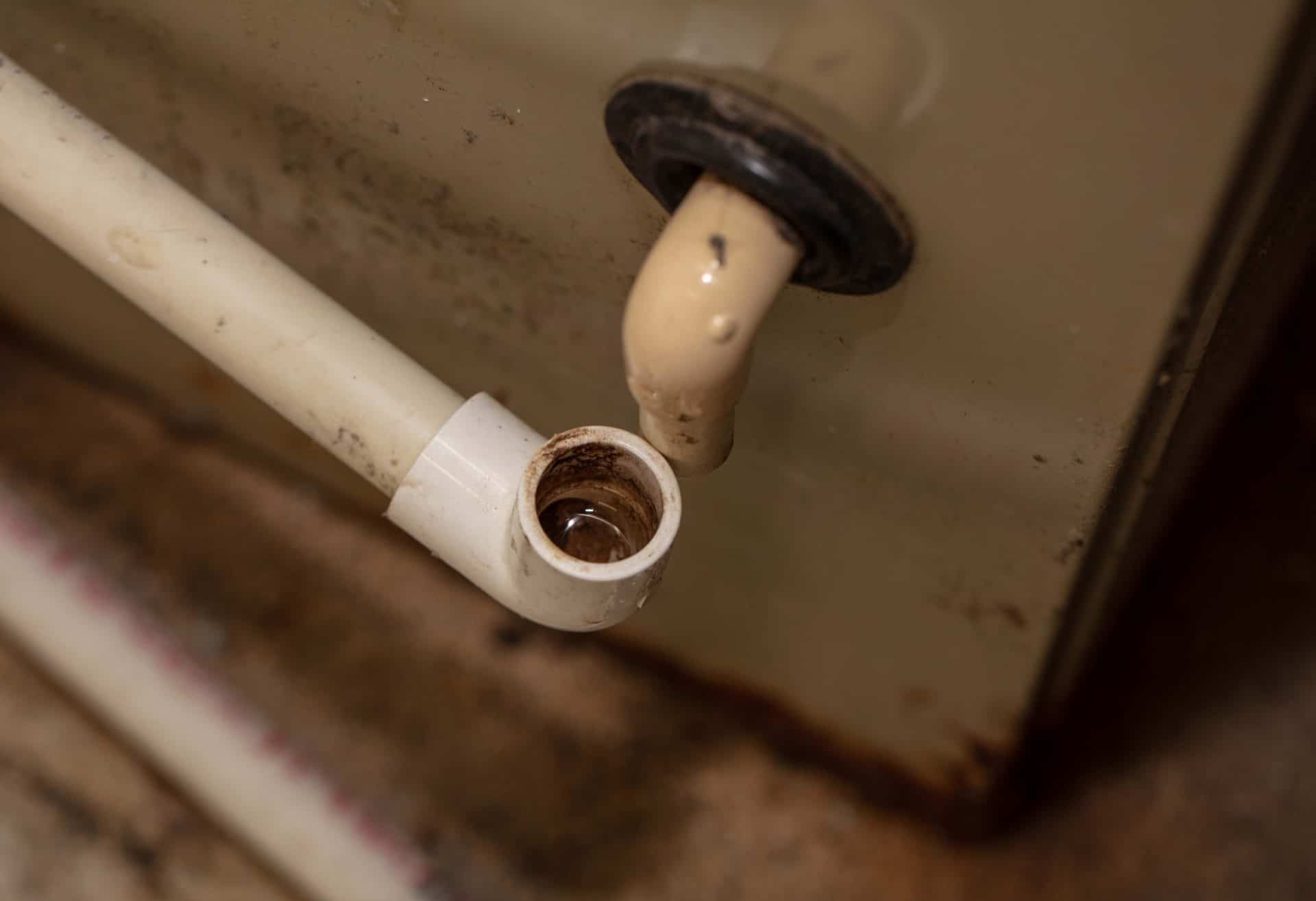






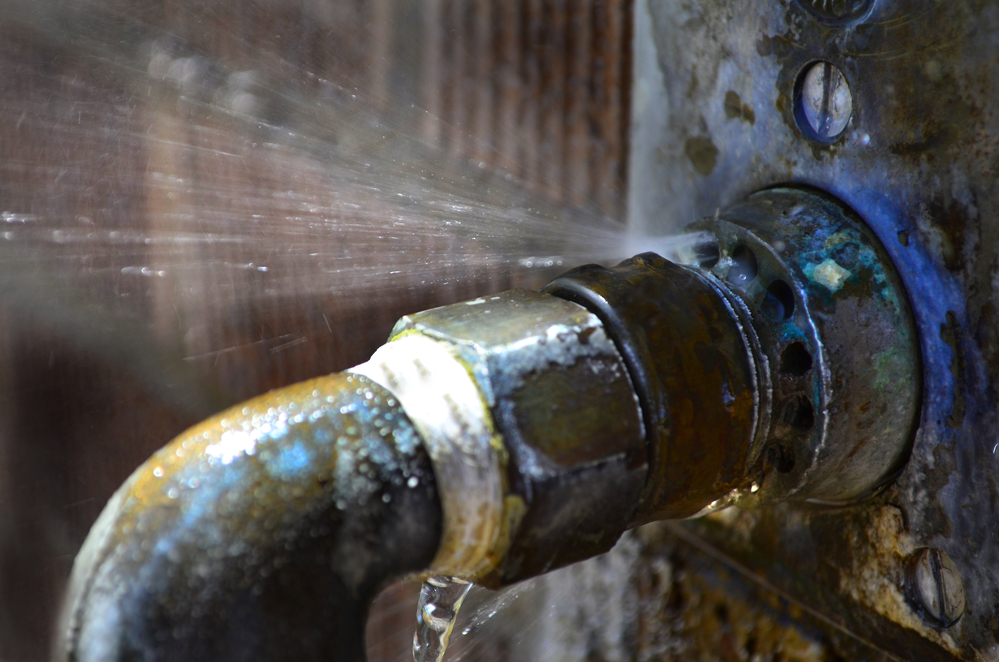

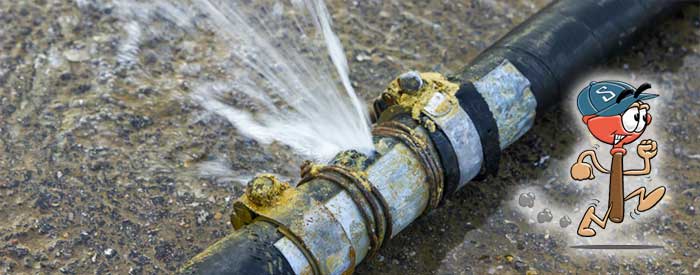






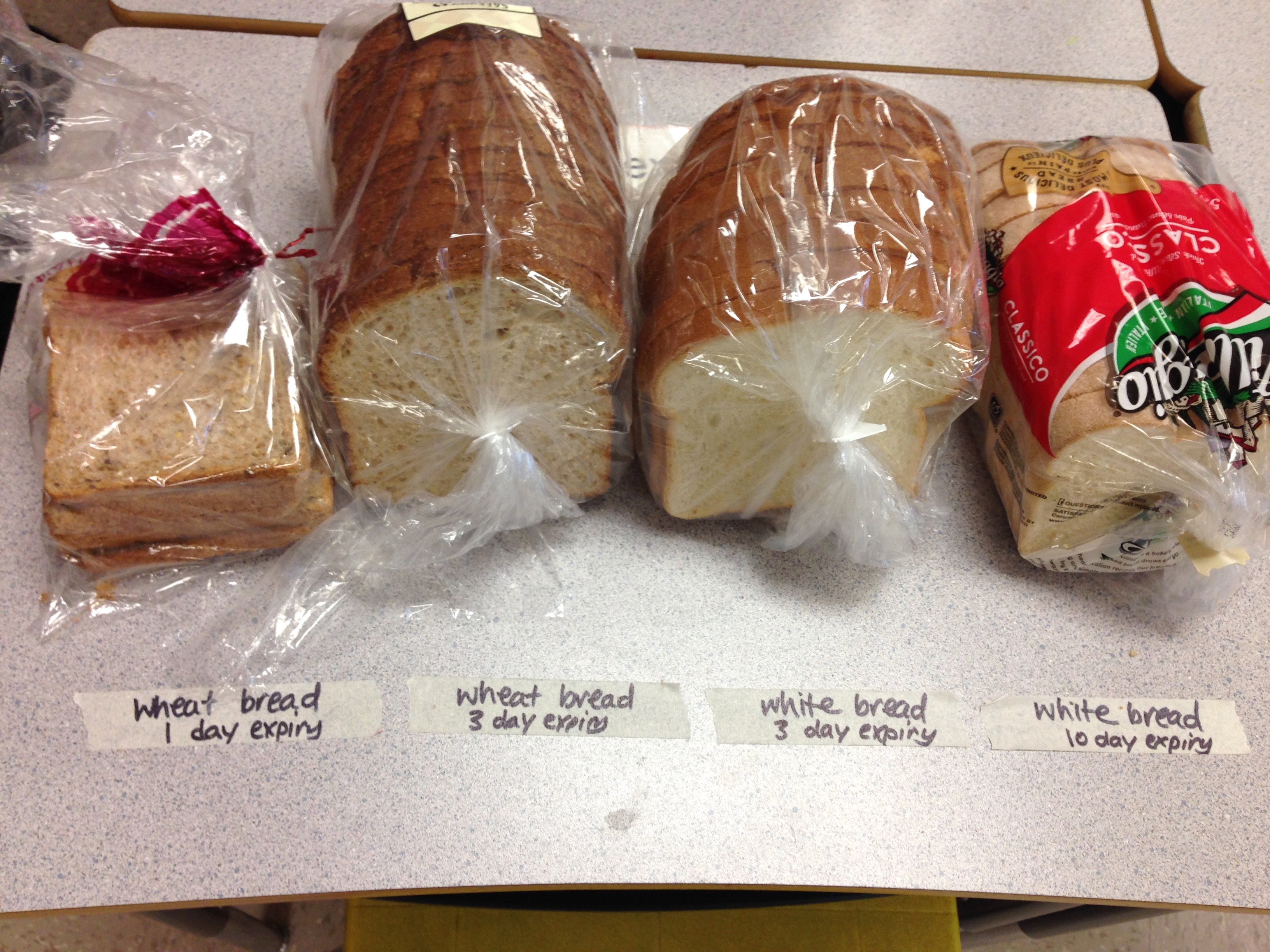

/GettyImages-1131417684-8917c2771d624213a743756f1fa95356.jpg)

